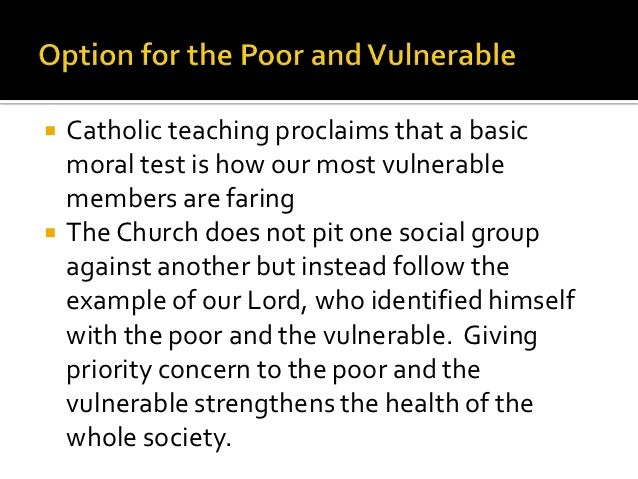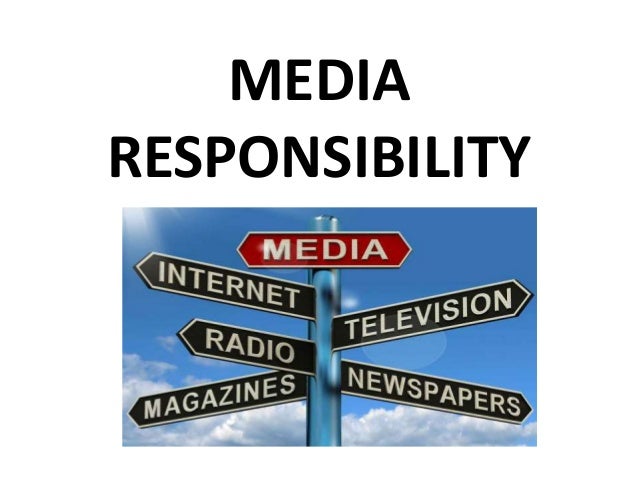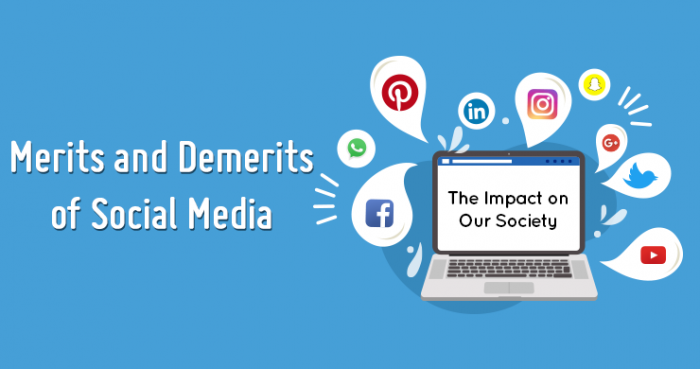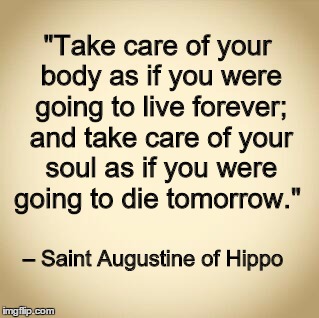In a bulletin written for the clergy, a priest mentions how in each new assignment he goes with many resolutions. Some are particularly memorable. He mentions his desire to imitate Jesus in the way he related to the poor.
30 years ago he was assigned to work with young workers. At the time, he lived with the workers, eating and relating closely with them. He heard the words of many of the poor in society. His eyes were opened to the world in a new way. Words, of justice and love no longer theory and began understanding Jesus differently.
The words of the Gospel touched his heart at a deeper level. When he returned again to parish work he tried to do things together with the poor, but it was difficult: the poor and marginalized people work on Sundays and find it difficult to come to church. The poor rarely come to the parish to talk with the priest. Those that come are those active in the church community and not poor.
People who invite him out to meals and with whom he converses are usually those with a certain amount of leisure. People who are wealthy meet and talk easily; poor people require that we go to them.
People instinctively like to converse and meet with others and it is the way we grow close. The poor and marginalized are those with whom the encounter is usually burdensome and rare. Consequently, it requires effort and desire to make contact. He has often resolved to find the poor and marginalized during his assignments, at least once a week, but it never lasts very long.
Some agree we need to love all without discrimination. However, when assigned to a parish they say to the nun, "Please write down a list of people who are capable and economically free," to promote various things in the parish. Talented people to do the work is necessary but it is not the proper pastoral attitude.
Jesus emphasized the love of others especially the marginalized, more than any of the holy sages in history. Even in the teaching of the church, there is a famous saying: "Preferential Option for the Poor and Vulnerable." Although there were strong counter-arguments that we should love all equally the church held firmly to this teaching of Jesus as being in the spirit of Jesus. And if we reject the poor and marginalized and stay away from them, we are not living in God's love.
He admits that he was not an example of what to do but did make efforts to keep them in mind. He didn't talk about donations that would be a burden to them, and conscious of them tried to operate the parish simply.
Many believers and churches have been financially challenged because of coronavirus and the parishioners have dropped off from what it was making the running of the parish difficult. Because of the financial difficulty, some parishes are pressuring the parishioners to pay their denarius cultus. The poor who have become poorer find this a great burden.
After the Korean War, everybody was poor and there were little financial burdens attending church. At that time he was a teenager and he frequented many churches during those years but doesn't recall any financial burdens on the poor. The church communities were poor but were considerate of the poor. The church was a church for the poor and one that loved the poor.




